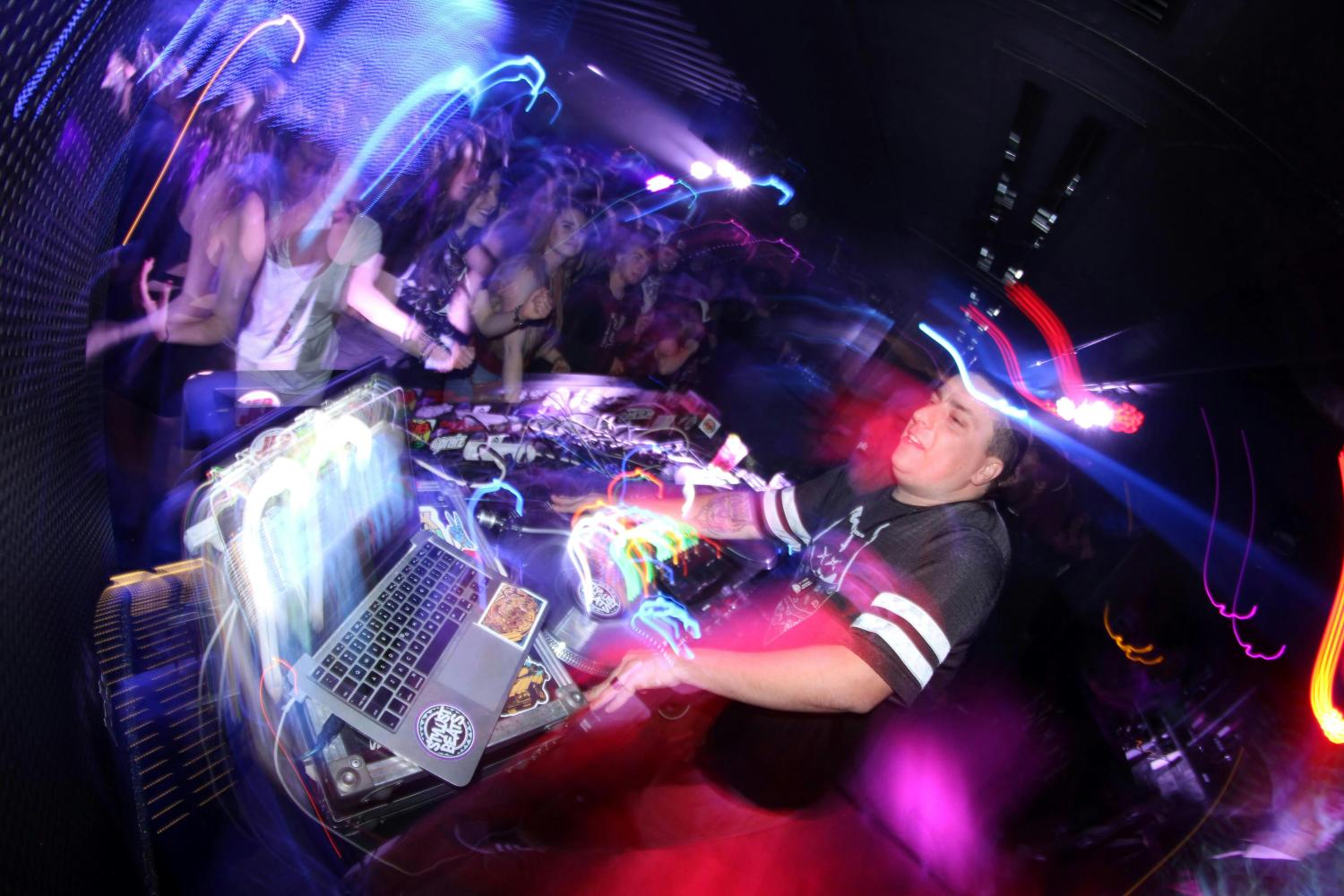What is the recent Spiking Training Announcement?
The Home Office have announced that 10,000 bar staff nationwide will be trained to help prevent spiking in pubs, bars and nightclubs.
Police chiefs, industry executives and transport bosses spoke to the Prime Minister at Downing Street, asking him to crack down on spiking and protect women and girls. As stated by the Prime Minister’s office, the government will lead coordinated action between police, transport networks and venues. This will involve training thousands of staff working in the nighttime economy on how to spot and tackle spiking.

What is the plan for tackling spiking?
In plans laid out by the Government, tackling spiking will include:
- Plain clothes police officers in areas around bars and clubs
- Text-to-report number for British Transport Police
- Kate Nicholls, CEO of UK Hospitality, will lead in helping the nighttime industry roll out nationwide training for bar staff and door staff.
- Chief Constable Maggie Blyth, the NPCC lead for VAWG, will lead on scaling up policing to tackle offenders.
The most important measure is that the Government has pledged to make drink spiking a criminal offence. New laws will be introduced specifically addressing the act of spiking, which the PM hopes will give people the confidence to come forward.
Be aware, spiking is already illegal. However this change would make spiking a specific offence. Spiking is currently illegalised by 6 different laws, however for the purpose of reporting and tracking the data of spiking, it needs to be put into a specific law.
At a recent Late Night Lunch 2024 talk, Mike Kill CEO of NTIA, stated that the government are planning to pay for the spiking training. They have estimated £25 per head, unconfirmed, with a deadline at some time in 2025. Nightclub operators are positive yet hesitant.
How will the government administer spiking training?
As it stands, there appears to be no solid explanation or plan on how training around spiking will be executed. The Prime Minister has pledged that the training will be rolled out to up to 10,000 bar staff by spring of 2025.

Kate Nicholls, CEO of UKHospitality said: “I’m pleased that we’re able to support the Home Office in its plans to roll out a nationwide training programme as part of these efforts, to help ensure all staff know how to prevent spiking and have the skills to act if they suspect someone has been spiked. This is all part of hospitality’s unwavering commitment to keeping customers safe and ensuring our teams have the knowledge and skills they need.”

In his response, Mike Kill, NTIA CEO said: “We welcome the prime minister’s commitment to making spiking a specific criminal offence, something we have advocated for alongside others since the Home Affairs Select Committee Inquiry in 2022. This will send a strong message to offenders while empowering victims to come forward with confidence with the justice system’s support. Crucially, this decisive step will also allow authorities to focus on perpetrator profiling, enabling law enforcement to build a formidable picture of offenders and close down perpetrators of this heinous crime.”
“Training is the cornerstone of the broader UK strategy against spiking. By equipping thousands of staff across bars, clubs, and venues with the skills to identify, prevent, and respond to spiking incidents, we have enhanced safeguarding measures within the licensed sector.”
“However, while we have worked extremely hard to enhance our ability to manage spaces such as pubs, bars and clubs, it is essential to recognise that the issue of spiking extends beyond the hospitality and night-time economy. Domestic settings, including house parties and halls of residence, also present significant risks and require as much focus and preventative action as our licensed venues.”
“This is a societal issue, and success requires a collective approach. Policing, transport authorities, night-time economy and hospitality businesses, universities, community stakeholders, and government agencies must work together to eradicate spiking and other crimes that disproportionately affect women and girls. The NTIA fully supports the government’s mission to halve violence against women and girls.”
What spiking training should nightclub owners consider?
NDML does agree that spiking training is a necessity for hospitality venues and should be administered. Without the government’s input and pledge, we’ve seen clients invest in training and prevention techniques over previous year, to great success.
There are many prevention techniques which we have also seen implemented and resoundingly fail. Such as the dogs outside venues, searching the queue, a Metropolitan Police measure, which alienated customers and their relationship with the venue.
Nightclubs and bars need to be empowered in order to confidently and effectively respond instances of drink spiking. This will also help with prevention and mitigation strategies.
Some key areas to focus on include:
Due Diligence
Show examples of how nightclubs are preventing spiking. This could be though the application of physical barriers such as StopTopps and bottle spikes. Drug testing machines and body searching is an option, as well as regular drink tests and checks. Venues should have inplace the provision of training and accreditation schemes for staff members, and perhaps invest in outreach programmes for youth in local neighbourhoods.
Supporting victims
Venue operators need to be ready to support victims of spiking. Training of staff needs to address what to do in a situation when a spiked victim is identified. Medical supplies and welfare teams need to be onsite. Spiking incidents should be reported and documented. Suspected victims need to be trusted and given the confidence to speak up.
Pursuing criminals
It needs to be understood what drugs are being used. In most instances, well known date rape drugs are not found, instead it is popular medically proscribed substances that are most often used. To pursue and convict criminals, evidence is essential. Forensic equipment can provide rapid testing. And CCTV in key areas is critical. Spiking is an illegal criminal offence, and any investigation should be led by the police. Communication with the authorities will be key.
What actions can owners take to stop spiking at the nightclub venue?
There are a set of actions clubs should be taking to help combat spiking – which many clubs are already executing:
- There needs to be a zero tolerance of drugs possession at your venue.
- Have physical barriers in place, such as drink tops.
- Improve awareness, have posters and digital assets around spike awareness.
- Action drinks checks.
- Confiscate left drinks.
- Ensure CCTV is correctly placed and positioned.
- Have drink testing equipment and drug testing kits.
Although, at NDML, we understand that the existence of spiking has been inflated, that the real figures are far lower than estimated, and of any 100 cases, only 5 are investigated by the police, and half of those are taken forward* – we appreciated that nightclubs and nightlife businesses still need to perform their due diligence surrounding this heinous crime. We continue to support the call to make spiking its own specific crime, and well as the government improved investment into the nightlife industry.
*These figures were produced at this year’s Late Night Lunch
Read more about this annual event, Late Night Lunch 2024, here.







